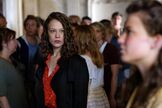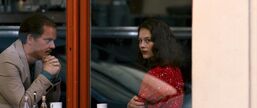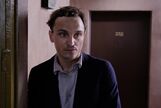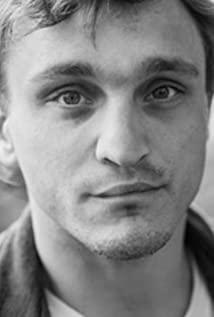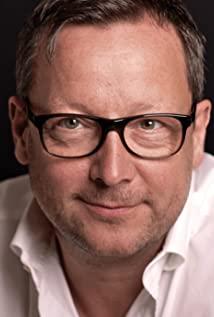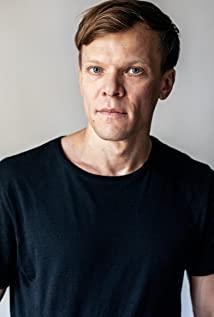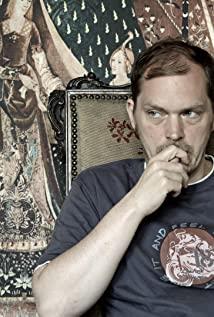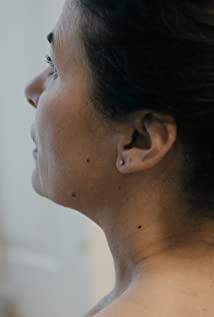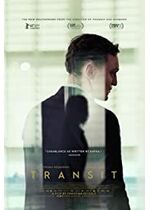-
Georg: It was cold. The Mistral. He was tired. Nobody looked at him. That's the terrible thing. Not that she's your dirty face staring at the torn clothes.The terrible thing is that they are you do not see that you are not there.
-
Georg: Then he thought, 'This is Marseille.' A port city. Port cities are cities, in which is told. That's what they're there for. And these people have the right to tell and that you listen inside.
-
Georg: The song did not want to get out of his mind. Everything is dreaming. And everything is exchanged. Back in life again. The evening is already sitting on our house
-
Georg: Their eyes met. For a long moment they looked at each other. Then they lowered their eyes. He knew what everyone was talking about and let go: It was the shame. They were ashamed. Shamed terribly.
-
Georg: The next day he picked up Driss. That led him to one dusty fairground by the sea.
-
Marie: Who forgets faster, the Abandoned or the one who left him?
-
Marie: The Forsaken never forget, you say. But that's not true. They have the beautiful, sad songs. With them is the compassion. Those who leave, there is nobody with them.They do not have songs.
-
Georg: A man had died. He was to register in hell. He waited in front of a large door. He waited a day, two. He waited weeks. Months. Then years. Finally a man walked past him. The man waiting addressed him: Perhaps you can help me, I'm supposed to register in hell. The other man looks him up and down, says: But sir, this here is hell.
Transit Quotes
-
Kayleigh 2022-04-16 08:01:01
Putting a World War II story into the current shooting environment, such as a character escaping a Nazi hunt, might pass a Nike store, distilling the European refugee issue, wrapped in a suspenseful story of finding identity and love. Petzold's precise narrative skills are like looking for a needle in a haystack to find the delicate balance in this contradictory setting and story, and it seems so natural, smooth, seamless and comfortable.
-
Mozelle 2022-04-20 09:03:00
While watching, I was asking in my heart: What is it about the degree of tension?
Director: Christian Petzold
Language: German,French,French Sign Language Release date: March 1, 2019

